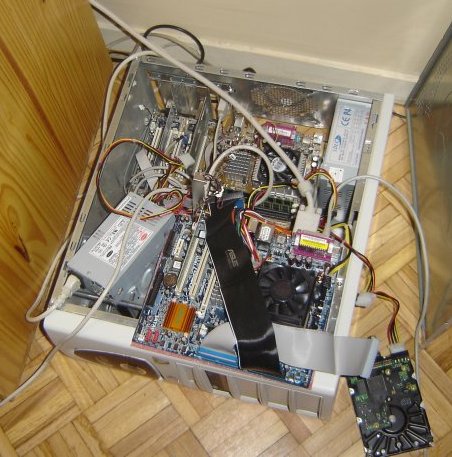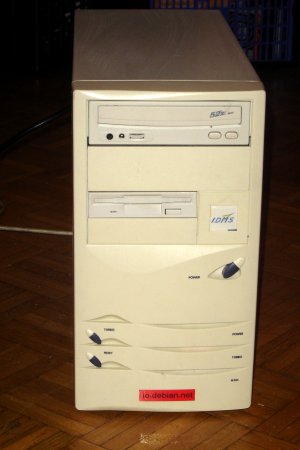As others I am very unhappy with the outcome of the release meeting.
This "proposal" has been made by people that have key responsabilities
in Debian, and without asking other people, except the DPL candidates.
By the way, I feel silly that such persons sign this "proposal" as DPL
candidates, whatever is their opinion.
In short the proposal says: "We've got problems to release with 11
architectures, let's drop 8 of them." A lot of users who choose Debian
because it was the only distribution out of there to provide serious
support for the architectures they care for, for various reasons. That's
the end of the Universal OS, and that's sad.
It's seems that the actual teams found they are overloaded, so as they
don't want to share their powers and call for help (even worse, they
refuse help), they prefer to drop architectures.
The criteria given to keep architectures seems to have been choosen
after the list of architectures itself. And actually none of the
architectures in Debian fulfill them (all the four proposed
architectures, i.e. i386, ppc, amd64 and ia64, only have one build
daemon). And when you ask the technical point behind each criterion,
nobody answers...
I don't say there isn't any problems, but there is a difference between
a reasonable answer to these problems, and dropping most of
architectures we support. If they are problems with build daemons, the
solution is to solve them (hint: more build daemons and more admins
would be a good start).
But actually I doubt the number of architectures is the real problem for
Sarge. One of the main problems since August (at least that is what is
announced in every "Bits from the release manager"), is the testing
build daemons. Why it lasts so long? Why offers for help have been
refused?
And don't forget the social contract: "Our priorities are our users
and free software"

